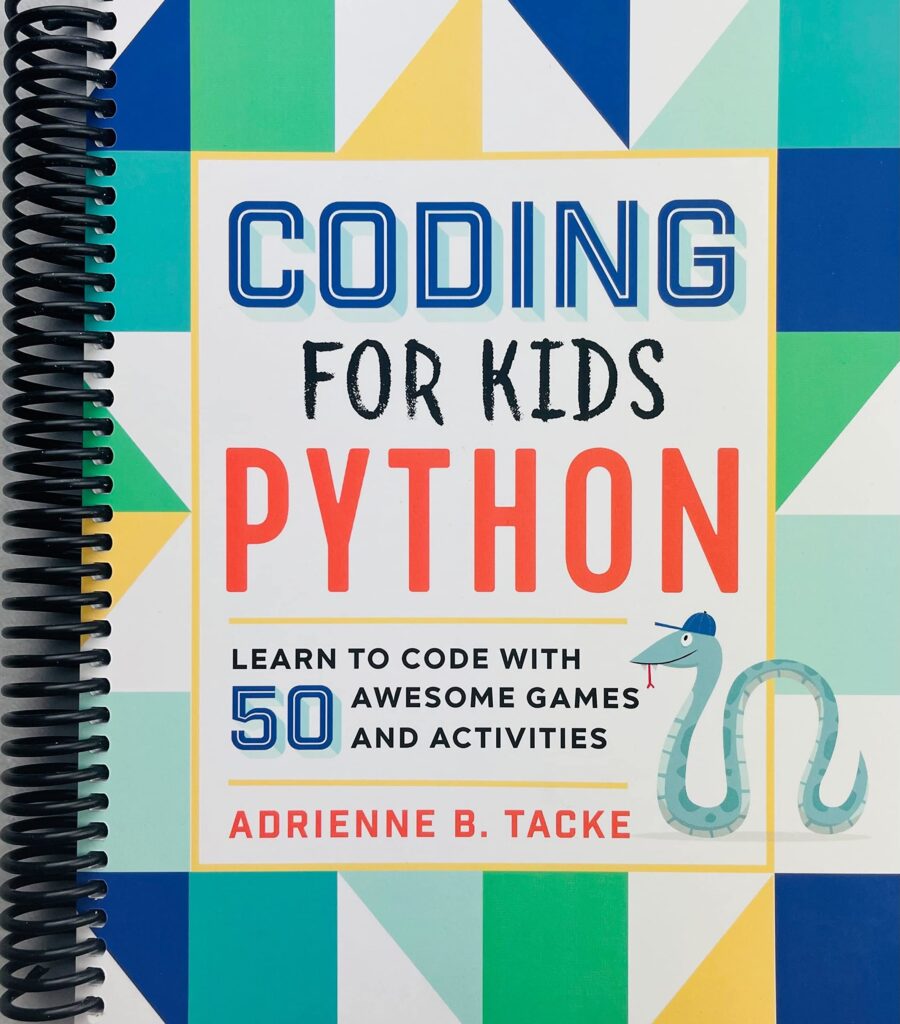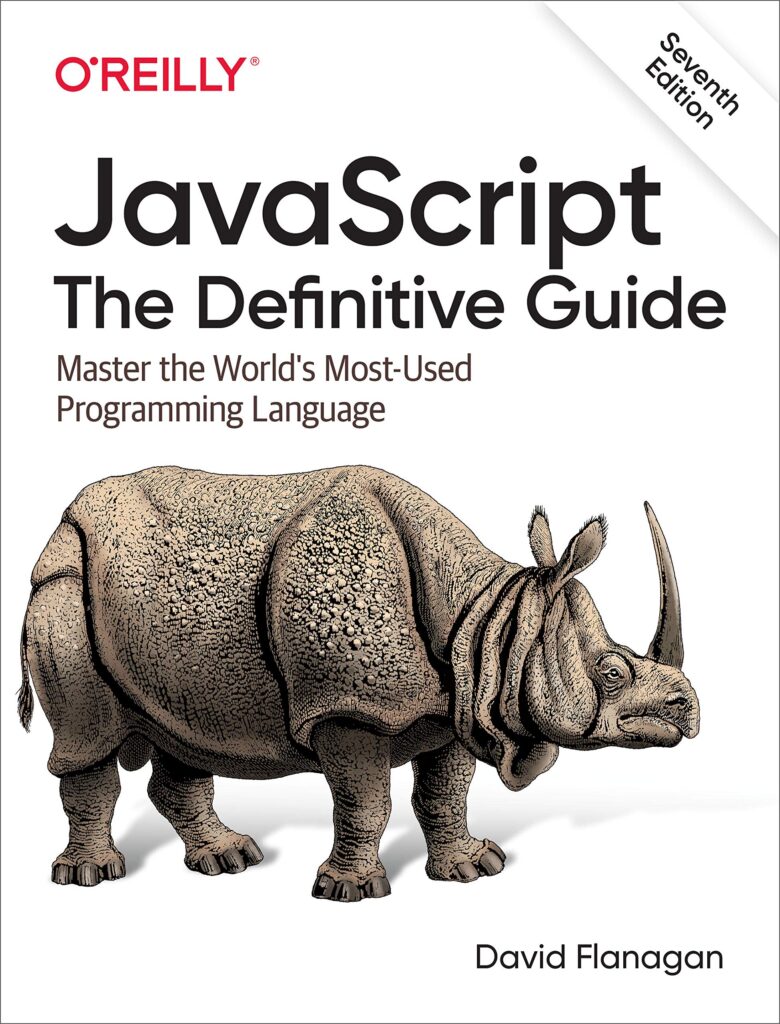Posted inSecurity
SQL for Data Encryption and Security
Enhance your SQL database security with effective data encryption techniques. Explore methods like Data-at-Rest and Data-in-Transit encryption, including Transparent Data Encryption and SSL/TLS, to safeguard sensitive information from unauthorized access throughout its lifecycle.













